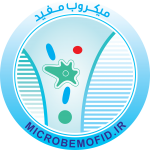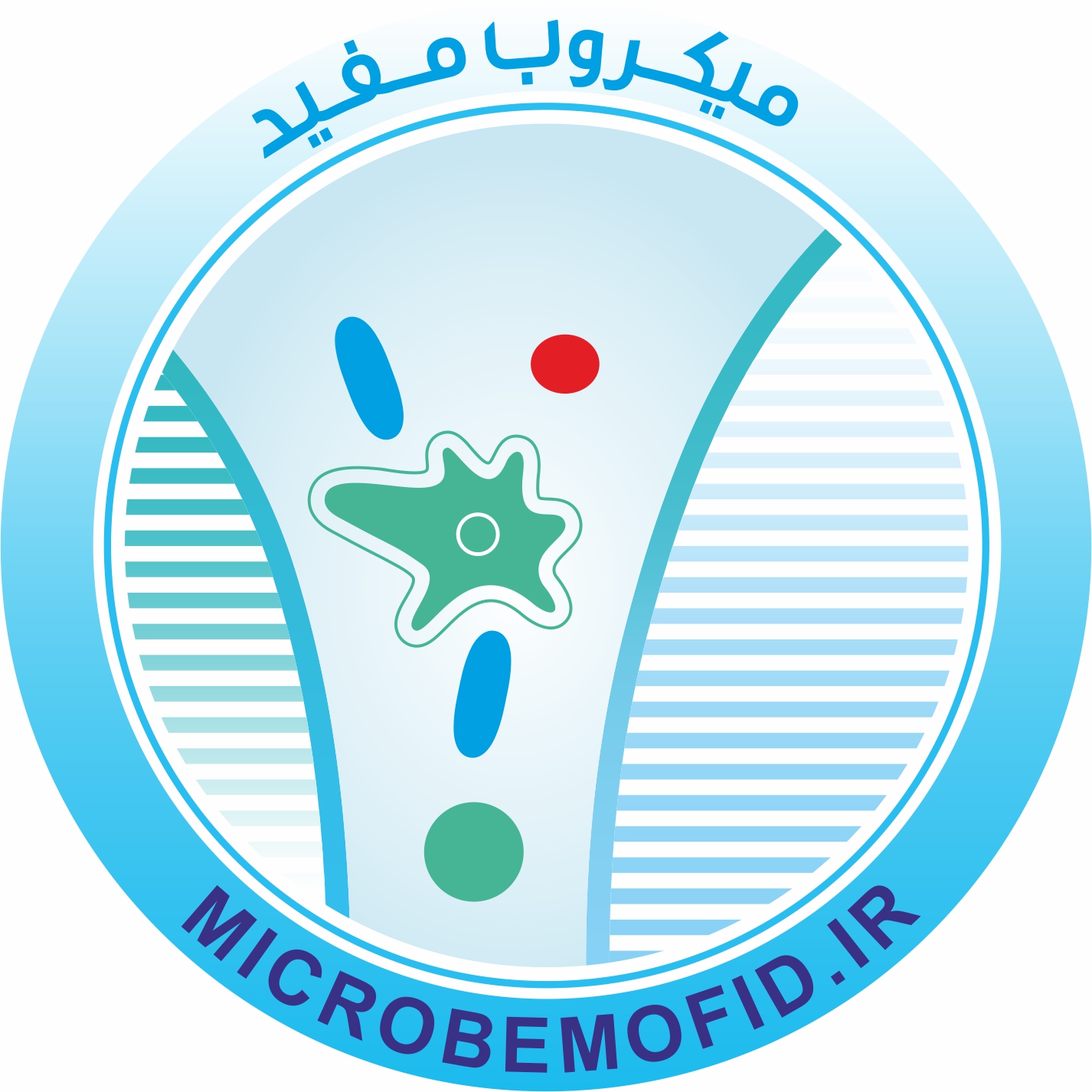Genome-wide association studies evaluating the microbiota of type 2 diabetic mellitus (T2DM) patients have pointed to taxonomic, functional, and microbial metabolite imbalances and represent a potential intervention in diabetes management.
Several microbial metabolites and components, such as imidazole propionate, trimethylamine, and
lipopolysaccharides, appear to impair insulin signaling, while short-chain fatty acids, secondary bile
acids, and tryptophan metabolites may improve it. In addition, the use of probiotics with the aim
of transiently restoring the microbial balance or reducing the effects of microbial metabolites that
impair insulin sensitivity has been explored. Current literature indicates that some strains appear to have a beneficial effect in patients with T2DM, but further studies are needed to support the use
of these probiotics as an adjuvant therapy in the management of T2DM.
Conclusions and Future Perspectives
It is known that the probiotic effects are strain-specific and disease-specific, and in future clinical trials dedicated to evaluating the effect of the most promising strains should be conducted, thereby allowing a better comparison between them.
Many of the bacterial species altered in the T2DM gut microbiota like Akkremansia muciniphila are not cultivable, which represents a challenge for investigating the effects of their supplementation. This fact leads to the possibility that new technological and cultivation techniques may allow for the cultivation of strictly anaerobic strains from the host gut microbiota.
Moreover, SCFA-producing bacteria supplementation should be performed due to its low abundance in the T2DM gut microbiota.
The association of changes in the gut microbiota, both at the compositional and functional levels, and T2DM traits is well documented. Together with microbial metabolites, they play a critical role in the etiology of T2DM. Future research aiming not only at taxonomic changes in the microbiota but also at altered metabolic pathways in T2DM, should be performed in human clinical trials.
References
Ballan R, Saad SM. Characteristics of the Gut Microbiota and Potential Effects of Probiotic Supplements in Individuals with Type 2 Diabetes mellitus. Foods. 2021 Nov; 10(11):2528.
Zhang L, Chu J, Hao W, Zhang J, Li H, Yang C, Yang J, Chen X, Wang H. Gut Microbiota and Type 2 Diabetes Mellitus: Association, Mechanism, and Translational Applications. Mediators of Inflammation. ۲۰۲۱ Aug 17; 2021.

